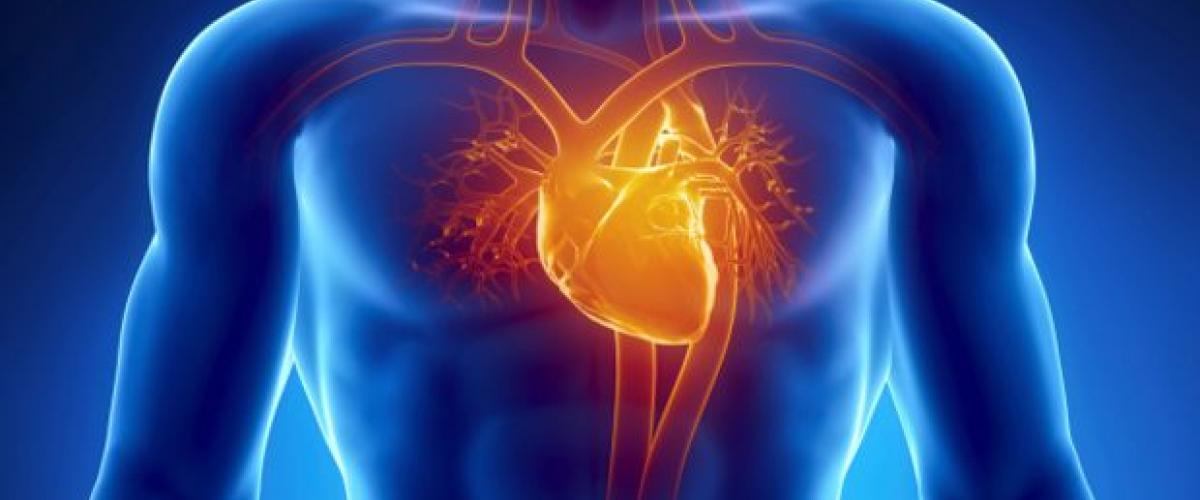London Cardiologist, Dr Oliver Segal from The Heart Hospital says, "From my perspective of arrhythmia, I would say the most important invention in the last 50 years is the invention (initially quite fortuitously) of catheter ablation, which has since progressed at an astounding rate so that we can now potentially treat (and often cure) almost every single cardiac arrhythmia using keyhole techniques".
Catheter Ablation is It is a treatment for atrial fibrillation (AF), an irregular heart rhythm, using catheters inside the heart to ablate (remove or destroy) tissue using a laser guided by a camera.
This minimally invasive method means that patient go home again the same or the following day. In his article for Total Health - "A Personal Approach to Treating Heart Conditions" Dr Segal goes on to say, "As I am old enough to remember when the vast majority of patients were not offered ablation, I know how much of a difference this has made to the quality of life of my patients."
- rapid, irregular palpitations,
- breathlessness,
- chest pain,
- light-headedness or
- tiredness.







